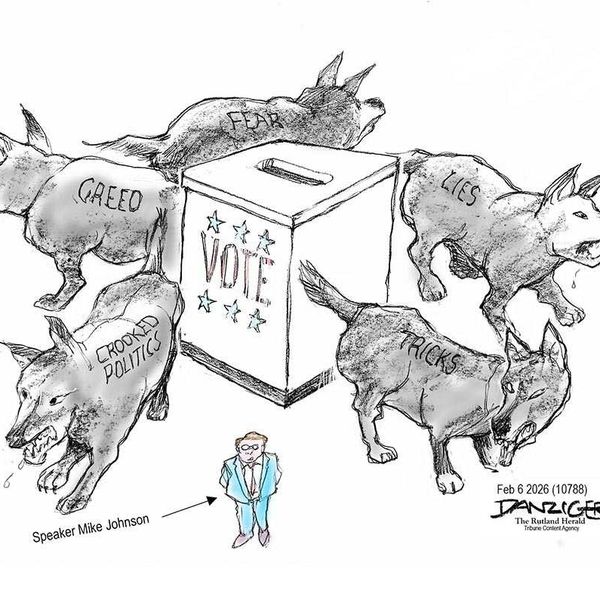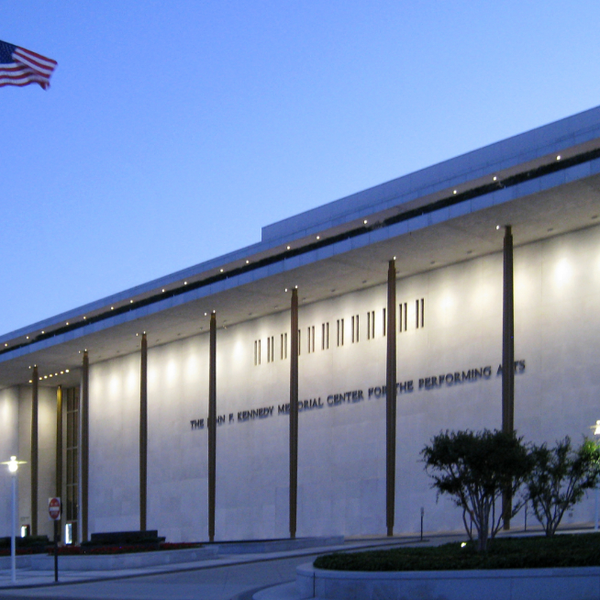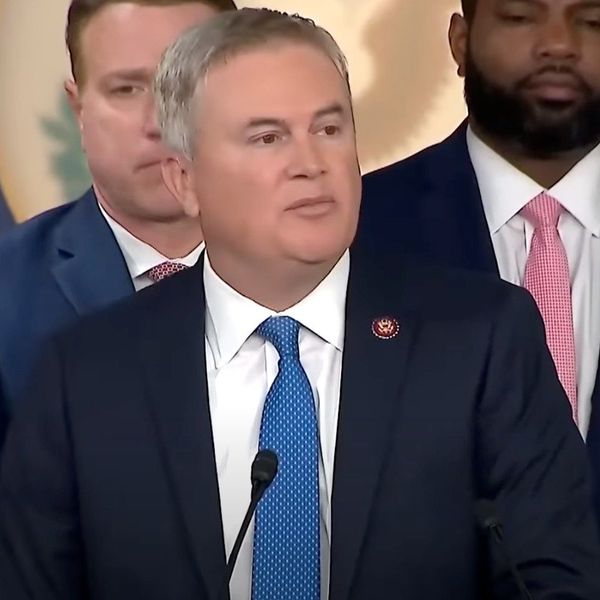Diluted Climate Deal Commits Nations To Emission Cuts, But Discord Remains

By Neela Banerjee, Tribune Washington Bureau (TNS)
WASHINGTON — After late-night wrangling at United Nations talks in Lima, Peru, negotiators early Sunday reached a watered-down deal that sets the stage for a global climate agreement in Paris next year.
The deal was adopted hours after a previous draft was rejected by developing countries who accused rich nations of shirking their responsibilities to fight global warming and pay for its effects.
Peru’s environment minister presented a fourth draft just before midnight and said he hoped it would satisfy all parties, giving a sharply reduced body of remaining delegates an hour to review it.
“As a text it’s not perfect, but it includes the positions of the parties,” said the minister, Manuel Pulgar-Vidal, who was the conference chairman and had spent all afternoon and evening meeting separately with delegations.
The main goal for the two-week session in Lima was relatively modest: agree on what information should go into the pledges that countries submit for a global climate pact expected to be adopted next year in Paris.
But even that became complicated as several developing nations rebelled against a draft decision they said blurred the distinction between what rich and poor countries can be expected to do.
The final draft apparently alleviated those concerns with language saying countries have “common but differentiated responsibilities” to deal with global warming.
It also restored language demanded by small island states at risk of being flooded by rising seas, mentioning a “loss and damage” mechanism agreed upon in last year’s talks in Poland.
“We need a permanent arrangement to help the poorest of the world,” Ian Fry, negotiator for the Pacific Island nation of Tuvalu, said at a midday session.
However, it weakened language on the content of the pledges, saying they “may” instead of “shall” include quantifiable information showing how countries intend to meet their emissions targets.
Also, top carbon polluter China and other major developing countries opposed plans for a review process that would allow the pledges to be compared against one another before Paris.
The new draft mentioned only that all pledges would be reviewed a month ahead Paris to assess their combined effect on climate change.
Though negotiating tactics always play a role, virtually all disputes in the U.N. talks reflect a wider issue of how to divide the burden of fixing the planetary warming that scientists say results from human activity, primarily the burning of oil, coal and natural gas.
The momentum from last month’s joint U.S.-China deal on emissions targets faded quickly in Lima as rifts reopened over who should do what to fight the problem.
Historically, Western nations are the biggest emitters. Currently, most carbon dioxide emissions are coming from developing countries as they grow their economies and lift millions of people out of poverty.
During a brief stop in Lima on Thursday, U.S. Secretary of State John Kerry said fixing the problem was “everyone’s responsibility, because it’s the net amount of carbon that matters, not each country’s share.”
According to the U.N.’s scientific panel on climate change, the world can pump out no more than about 1 trillion tons of carbon to have a likely chance of avoiding dangerous levels of warming. It already has spent more than half of that carbon budget as emissions continue to rise, driven by growth in China and other emerging economies.
Scientific reports say climate impacts are already happening and include rising sea levels, intensifying heat waves and shifts in weather patterns causing floods in some areas and droughts in others.
AFP Photo/Patrik Stollarz








